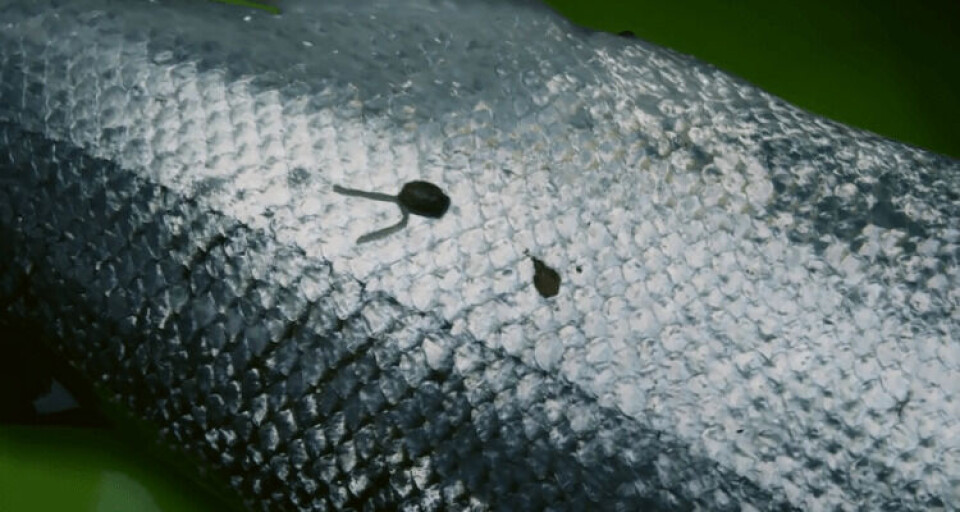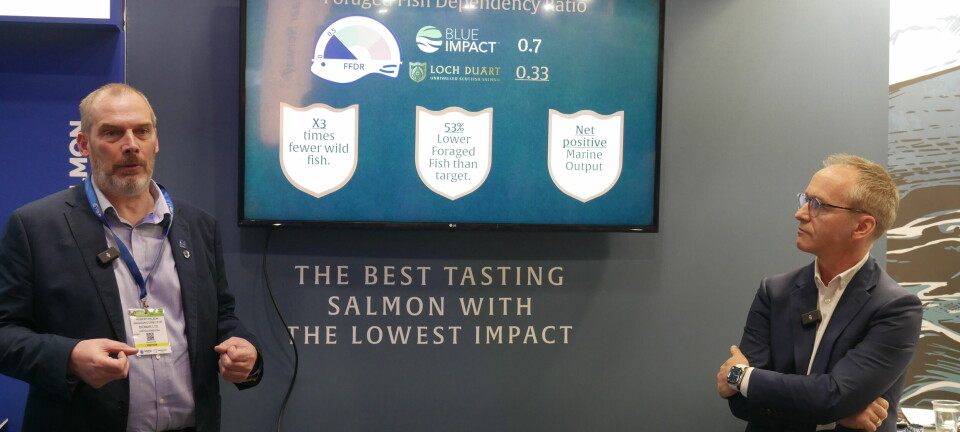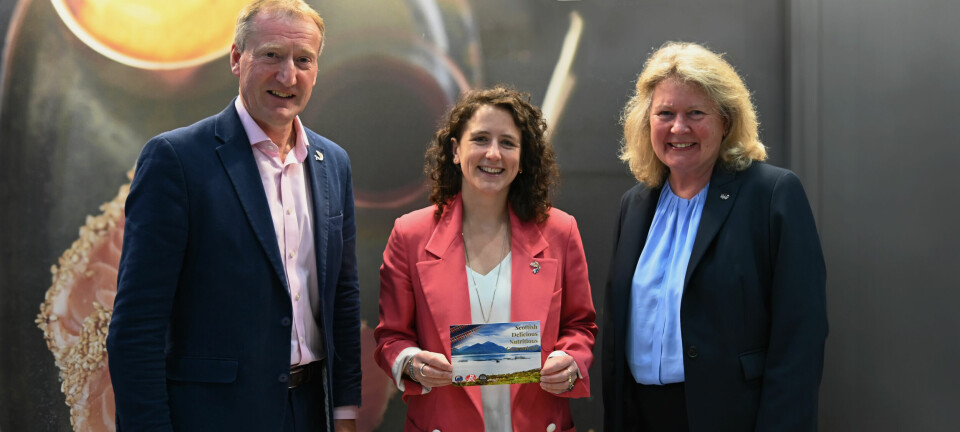
US researchers seek alternative way to tackle lice
Researchers at the University of Maine in the United States have received modest funding to evaluate an alternative to current industry practices in combating salmon lice.
The Maine Technology Institute’s grant US$4,500 will be boosted by $6,450 in match funding.
It is one of 31 awards totalling almost $695,000 approved by MTI for projects in the eastern seaboard state.
Maine Shellfish Developers LLC in Brunswick has been granted $25,000, match-funded by $50,300, to help its project to create a winter oyster nursery, allowing oyster farmers to jumpstart the growing season and potentially reducing the current growth cycle by half.
Funding will be used to develop an inexpensive, alternative oyster feed that emulates oysters' natural diet.
Reduce labour costs
Open Ocean Oysters in South Portland has also been granted $25,000 that will be matched by $128,822. The company will use the funding to test its oyster-growing system utilising state-of-the-art material handling methods to drastically reduce labour costs and size requirements of oyster-growing leases.
The expected outcome in this project is the ability to accelerate growth and vastly reduce labour needs in the nursery and grow-out phases of oyster farming.
Meanwhile, also in Maine, Marine Harvest is to double output from its smoked salmon factory in the town of Belfast after buying a former clothing factory next to its existing plant, which produces Ducktrap River of Maine branded products.
Norwegian-owned Marine Harvest, Scotland's biggest salmon producer, will start work on the new factory next month and will begin processing salmon there in February.




















































